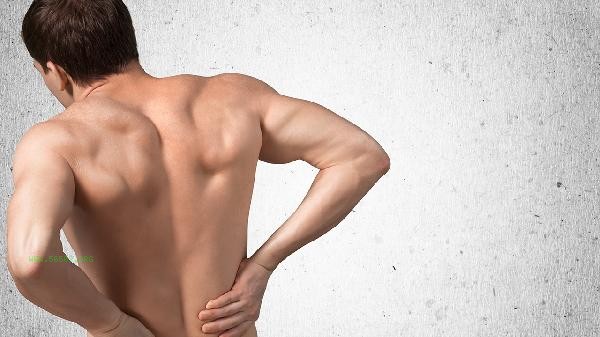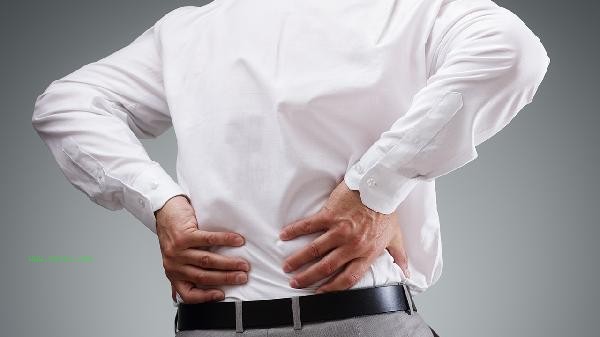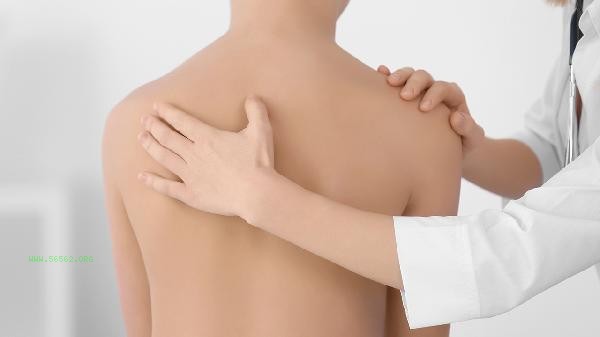Menopause may cause back pain, mainly related to hormone fluctuations, osteoporosis, muscle tension, autonomic nervous system disorders, psychological stress, and other factors. The decrease in estrogen levels in menopausal women may lead to accelerated bone loss and trigger osteoporotic pain; Meanwhile, dysfunction of the autonomic nervous system may induce muscle stiffness or spasms. A sudden drop in estrogen levels can directly affect the activity of osteoblasts, leading to an imbalance in bone metabolism. In this state, micro fractures may occur in the vertebral body, manifested as persistent dull pain, with obvious symptoms in the morning and slight relief after exercise. Some patients may experience intercostal nerve involvement pain, which can radiate to the scapular area. Daily weight training can enhance bone density, ensuring sufficient intake of calcium and vitamin D daily. Dual energy X-ray bone density testing may be necessary if necessary. Dysfunction of the autonomic nervous system can cause local blood circulation disorders, leading to tension pain in areas such as the trapezius and erector spinae muscles. Characterized by a sour or prickly feeling, aggravated by emotional fluctuations, and temporarily relieved by hot compress or massage. This type of pain is different from typical organic lesions and is usually not accompanied by restricted mobility or nighttime pain. Regular relaxation exercises such as yoga and Eight Section Brocade, combined with abdominal breathing training, can help improve symptoms. Long term anxiety and depression can lower the pain threshold and amplify physical discomfort. This type of pain has migratory characteristics, and there is no clear tender point during physical examination. Antidepressant treatment may be effective. Psychological intervention should be used as a basic treatment method, and cognitive-behavioral therapy combined with group support can significantly improve symptoms. Attention should be paid to distinguishing it from organic diseases such as ankylosing spondylitis and intervertebral disc herniation. If numbness or abnormal bowel movements occur in the lower limbs, immediate medical attention should be sought. The daily management of menopausal back pain requires a balance between physiological and psychological regulation. It is recommended to maintain moderate intensity exercise at least three times a week, such as swimming, brisk walking, and other low impact exercises, which can enhance the strength of the core muscle group without increasing joint burden. In terms of diet, consume 300ml of low-fat dairy products daily, supplemented with dark green vegetables to supplement vitamin K, and limit caffeine and alcohol intake. When experiencing pain, you can try local hot compress combined with acupoint massage, with a focus on pressing on areas such as the shoulder well and the Wei Zhong acupoint. If the pain persists for more than two weeks or is accompanied by symptoms such as weight loss and fever, it is necessary to seek timely evaluation at an orthopedic or menopausal specialist.







Comments (0)
Leave a Comment
No comments yet
Be the first to share your thoughts!